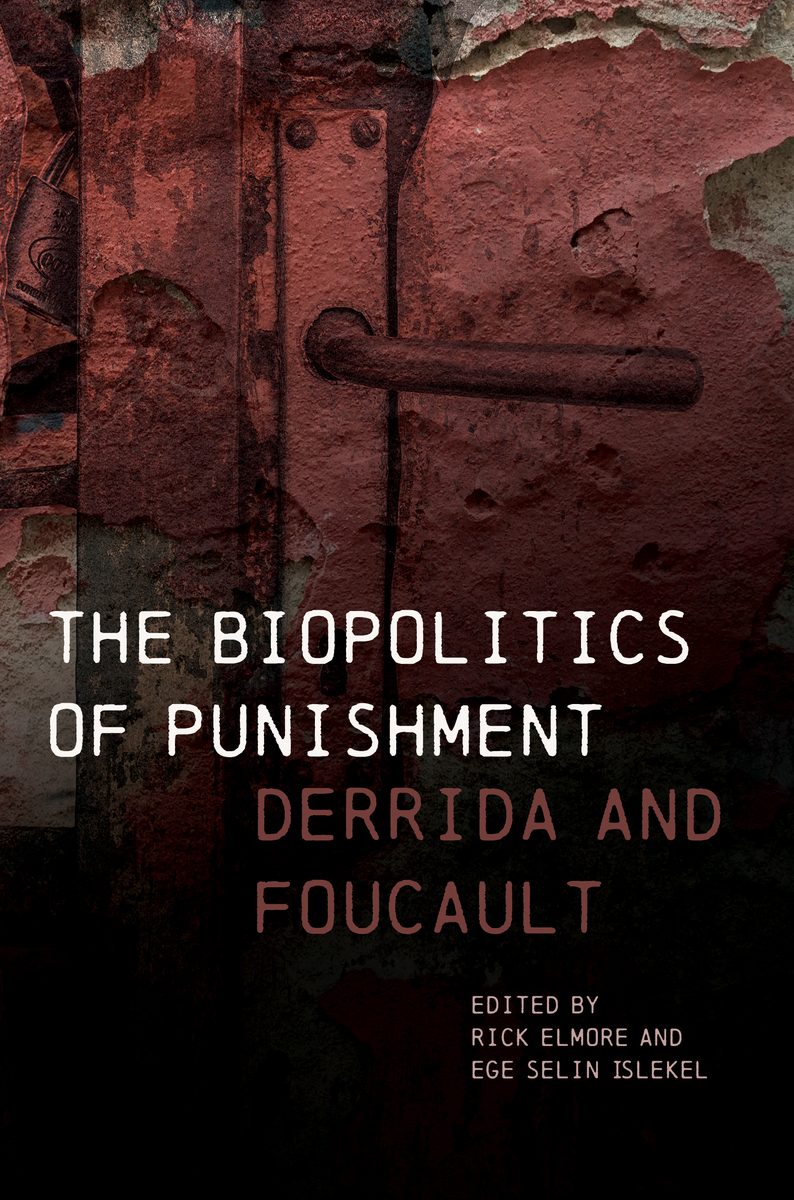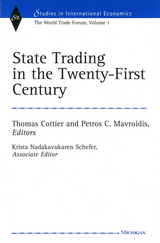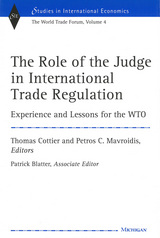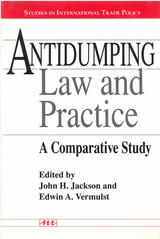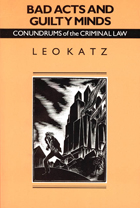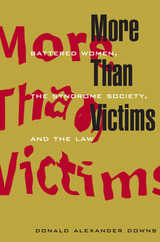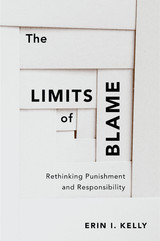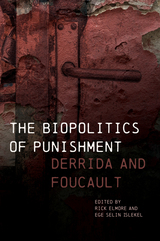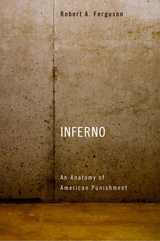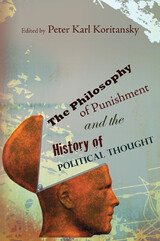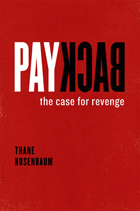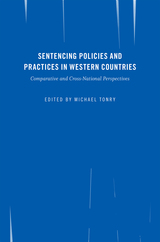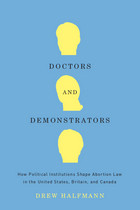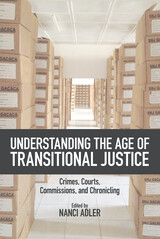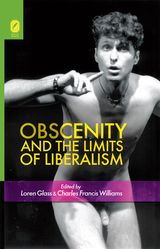The Biopolitics of Punishment: Derrida and Foucault
Northwestern University Press, 2022
Paper: 978-0-8101-4487-3 | eISBN: 978-0-8101-4489-7 | Cloth: 978-0-8101-4488-0
Library of Congress Classification K5103.B567 2022
Dewey Decimal Classification 364.601
Paper: 978-0-8101-4487-3 | eISBN: 978-0-8101-4489-7 | Cloth: 978-0-8101-4488-0
Library of Congress Classification K5103.B567 2022
Dewey Decimal Classification 364.601
ABOUT THIS BOOK | AUTHOR BIOGRAPHY | REVIEWS | TOC | REQUEST ACCESSIBLE FILE
ABOUT THIS BOOK
This volume marks a new chapter in the long-standing debate between Jacques Derrida and Michel Foucault regarding argumentative methods and their political implications. The essays chart the undertheorized dialogue between the two philosophers on questions of life, death, punishment, and power—an untapped point of departure from which we might continue to read the convergence and divergence of their work. What possibilities for political resistance might this dialogue uncover? And how might they relate to contemporary political crises?
With the resurgence of fascism and authoritarianism across the globe, the rise of white supremacist and xenophobic violence, and the continued brutality of state-sanctioned and extrajudicial killings by police, border patrols, and ordinary citizens, there is a pressing need to critically analyze our political present. These essays bring to bear the critical force of Derrida’s and Foucault’s biopolitical thought to practices of mass incarceration, the death penalty, life without parole, immigration and detention, racism and police violence, transphobia, human and animal relations, and the legacies of colonization. At the heart of their biopolitics, the volume shows, lies the desire to deconstruct and resist in the name of a future that is more just and less policed. It is this impulse that makes reading their work together, at this moment, both crucial and worthwhile.
With the resurgence of fascism and authoritarianism across the globe, the rise of white supremacist and xenophobic violence, and the continued brutality of state-sanctioned and extrajudicial killings by police, border patrols, and ordinary citizens, there is a pressing need to critically analyze our political present. These essays bring to bear the critical force of Derrida’s and Foucault’s biopolitical thought to practices of mass incarceration, the death penalty, life without parole, immigration and detention, racism and police violence, transphobia, human and animal relations, and the legacies of colonization. At the heart of their biopolitics, the volume shows, lies the desire to deconstruct and resist in the name of a future that is more just and less policed. It is this impulse that makes reading their work together, at this moment, both crucial and worthwhile.
See other books on: Critical Theory | Deconstruction | Derrida, Jacques | Foucault, Michel | Punishment
See other titles from Northwestern University Press
